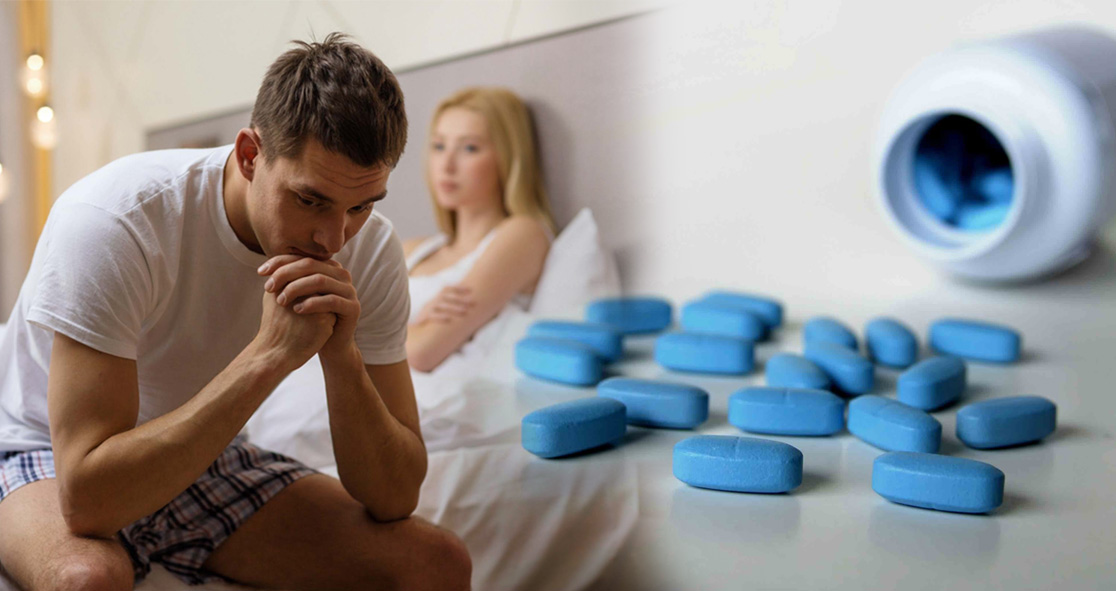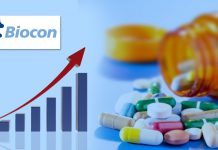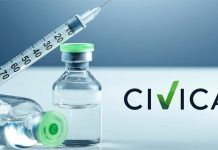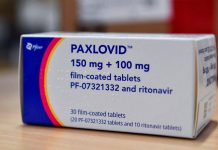Premature ejaculation (PE) is one of the debilitating male sexual dysfunction characterized by early ejaculation. Men with PE often ejaculate on minimal stimulation or soon after vaginal penetration.
Several studies have suggested a prevalence of 4 to 39%. Because of the intimate nature of the problem, most men tend to suffer from PE in silence who do not seek medical help.
The American Psychiatric Association (APA) defines PE as a “persistent or recurrent ejaculation with minimal sexual stimulation before, on or shortly after penetration and before the person wishes it.”
The American Association of Urology (AUA) says PE is an “ejaculation that occurs sooner than desired, either before or shortly after penetration, causing distress to either one or both partners.”
PE can be classified into acquired and lifelong. Acquired PE can develop gradually or suddenly. It is commonly seen in individuals who had normal ejaculatory control. On the other hand, lifelong PE exists since the onset of any sexual activity.
Generic Medicines for PE
The quest to develop effective oral drugs to treat or even cure PE has been ongoing for decades. Some drugs have shown some promise in treating PE with varying degrees of success, according to the National Institutes of Health (NIH). Currently, there is only one drug approved for the treatment of PE in some counties, called Priligy (dapoxetine).
However, experts have found the below-mentioned drugs effective for the treatment of PE, which are not approved yet.
Combination of alpha-adrenergic blockers and monoamine oxidase (MAO) inhibitors
Phenoxybenzamine, alfuzosin, and terazosin are alpha-adrenergic blockers, while isocarboxazid and phenelzine are MAO inhibitors. They were the first oral medication used for PE, but they have been discontinued due to side effects.
Antidepressants
Tricyclic antidepressants and selective serotonin reuptake inhibitors (SSRIs) are often used in the treatment of PE. However, they are also associated with certain side effects.
- clomipramine
- escitalopram
- fluoxetine
- fluvoxamine
- paroxetine
- sertraline
Apart from these drugs, duloxetine and escitalopram have also been shown to be effective in treating PE but they were associated with some side effects.
Local Anesthetics
Anesthetic creams and sprays advised for PR treatment often contain a numbing agent, such as lidocaine, benzocaine, or prilocaine. These products are applied to the penile organ 10 to 15 minutes before sexual activity to reduce penile sensation and delay ejaculation.
A combination of lidocaine and prilocaine cream for PE is available under a prescription. Lidocaine sprays are available over-the-counter. Some of the side effects associated with local anesthetics include temporary loss of sensitivity and decreased sexual pleasure.
PDE5 Inhibitors
Phosphodiesterase type 5 (PDE5) inhibitors are the drugs used for the treatment of erectile dysfunction (ED), such as sildenafil (Viagra), tadalafil (Cialis), or vardenafil (Levitra). They help men to have a stronger erection, but they also have been found effective in treating premature ejaculation, especially vardenafil.
PE is one of the common conditions affecting around one in five men. It can cause significant personal distress, affecting an intimate relationship. Most men with PE suffer in silence and do not seek medical attention. If they seek medical help, doctors may advise antidepressants, numbing topical agents, or even a PDE5 inhibitor.
Most medications are sold off-label for the treatment of PE, except Priligy (dapoxetine) which has been predominantly used by men with early ejaculation. Brand Priligy 60 mg is available at more than $30 per tablet, while generic Priligy 60 mg may cost you up to $1 per pill depending on the online pharmacy you choose.























